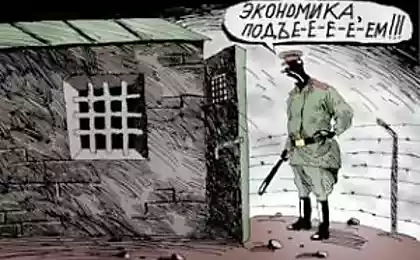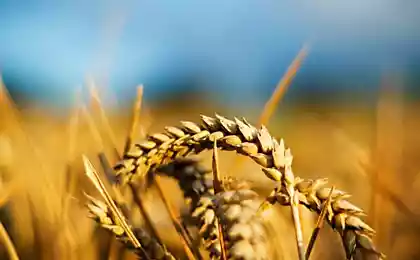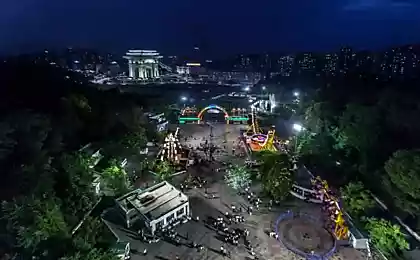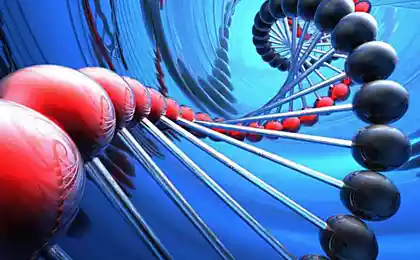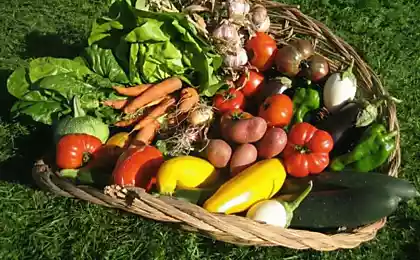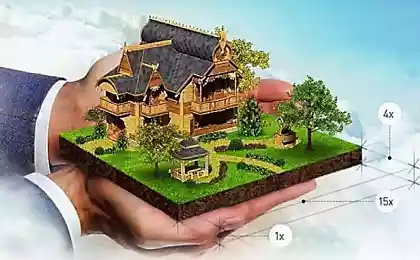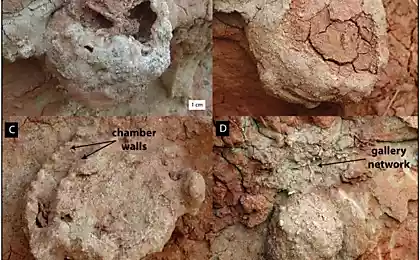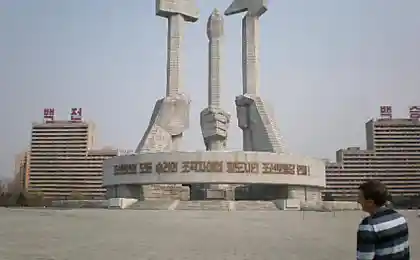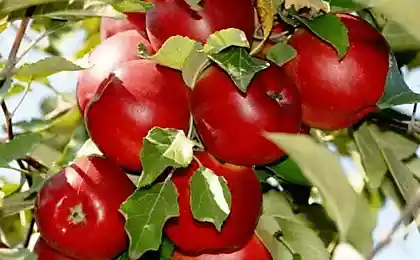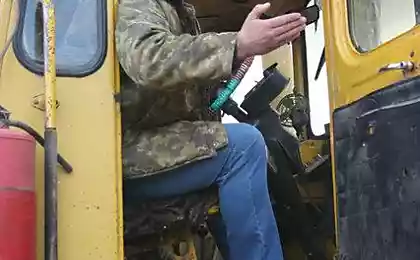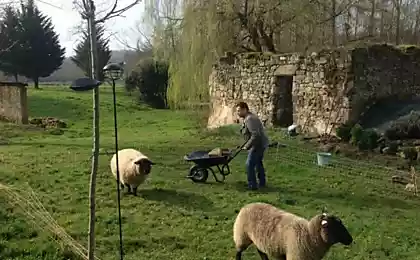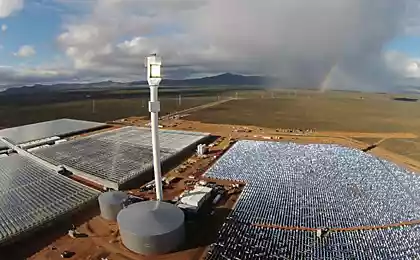664
As North Korea has achieved unprecedented growth of agriculture
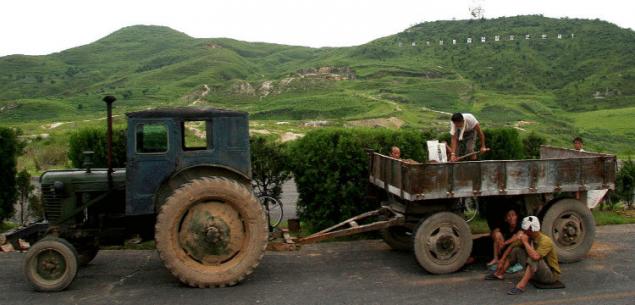
North Korean tractor, 2007
Photo: Mike Connolly
I remember in the old days, five years ago, I often argued on the topic of North Korean agriculture. Then I heard usually about the fact that in North Korea, they say, such a bad climate, a bad terrain, it just by the structure of the Universe is doomed to food dependency, regular catastrophic crop failures, and other sorts of agricultural distress. And some of our colleagues heard it, and from just interested. I said then that was a bit to tweak the system of ownership (and even distribution), it is only a little to mobilize what the classics of Marxism-Leninism called "private-property instincts of the peasantry" — and all four issues of North Korean agriculture will be solved with amazing rapidity and radical nature (who does not remember the old joke about "four problems of socialist agriculture", I remind you — we are talking about spring, summer, autumn and winter).
Well, now maliciously hmykaya, pronounced the sacramental "what was I saying?" (I hope that colleagues and College, who then spoke, and even sometimes wrote about well-does-objective-and-quite-insurmountable-difficulties, do not mind for this triumphant tone — do not gloat because, in the end).
As I wrote already a couple of times since the beginning of last, 2013, North Korea introduced a family row. Now in the villages the peasants leave 30% of the harvest, and secured the family is (formally, the "small link") the same plot for several years. The result — after the first year of operation under the new system North Korea for the first time in more than two decades of harvested crops sufficient to feed its population. Well, almost enough, 95 percent of the minimum required. However, then many would say that lucky with the weather. This year for the first information again is expected a good harvest, although the spring had a severe drought, which under the old system would create a cluster fuck, with mass hunger and perhaps lethal outcomes for particularly unlucky villagers (well, someone explained that that's, like, invincible and brutal North Korean force of nature). According to unconfirmed reports, this year the peasants leave (not clear everywhere or only some places) for as much as 60% of the crop.
The results are expected. After the Chinese reforms in the late seventies, agricultural production has grown by a third somewhere for 5-7 years, and almost without additional investments, simply due to the fact that the peasants began to work conscientiously and to better plan their work.
By the way, all it could do, and the late dear Leader Generalissimo Kim Jong Il, back in the nineties. Of course, he was afraid of political consequences, but in vain. The peasants, in fact, rarely rebel, and their rebellion suppressed easily, so that modest reforms in the countryside, in contrast to the reforms in the city, the powers that be are not very threatening.
In any case, North Korea seems to solve the food crisis. It is not necessary illusions, eating a single rice can still afford only wealthy people, and the meat — the food of the rich, and for a long time, but corn, I think, at this rate you will soon be all there from the belly.
источник:livejournal.com
Source: /users/1080



